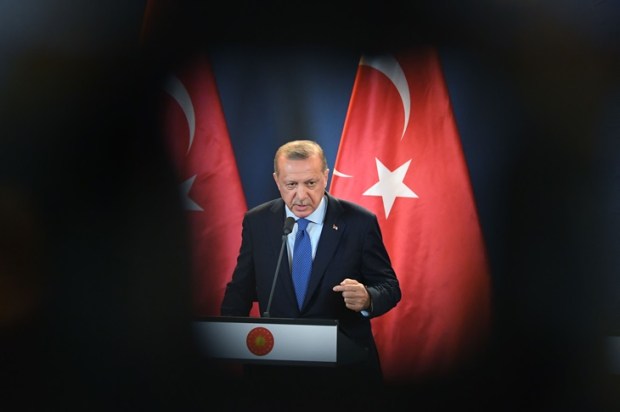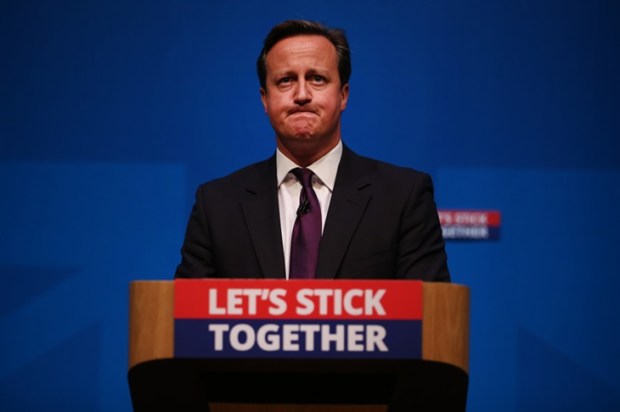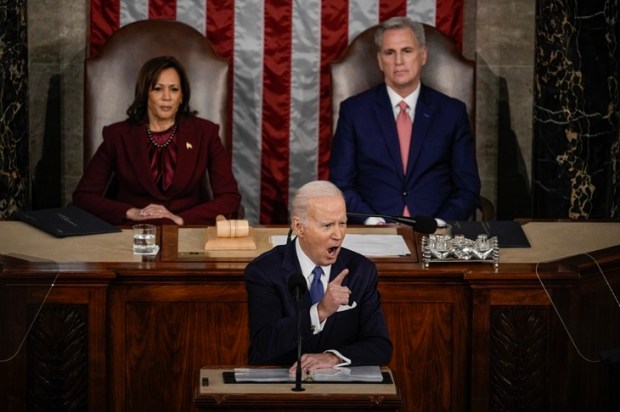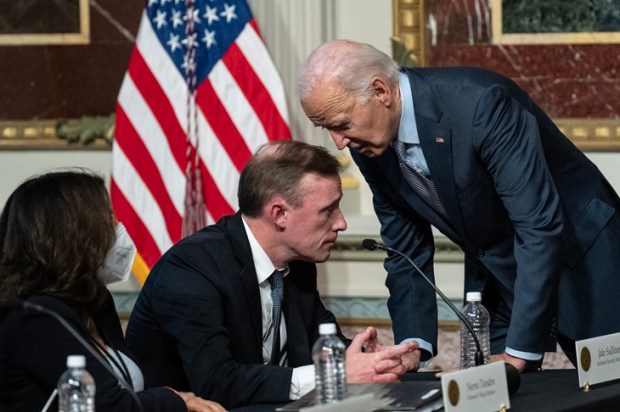No one has ever accused me of being an over-zealous defender of Joe Biden. Not that anyone would have been able to tell if they had witnessed my response to Channel 7 Perth’s Sunday evening bulletin.
‘There are fears Joe Biden’s hardline support of Israel is risking a violent backlash in the US. In one case, it may have led to murder,’ Channel 7’s crack reporters opined. ‘Hardline? Fears from who?’ I demanded in Pierre Poilievre-fashion, sans apple.
The murder in question was that of Samantha Woll, the President of Detroit’s Isaac Agree Downtown Synagogue, who was found stabbed to death outside her home on Saturday morning. An investigation into the circumstances of Ms Woll’s death is ongoing, and the authorities have stated the evidence suggests the crime was not motivated by antisemitism.
Appalling as the suggestion that Ms Woll’s tragic murder was caused by pro-Israeli policy is, I am strangely impressed at how the luminaries at Channel 7 managed to get this story more wrong than those who reliably feign ignorance to the fact that mass displays of antisemitism on our streets might be a cause for concern.
Irrespective of the outcome of the Detroit constabulary’s investigation, there is something revealing about the seemingly reflexive effort to place the blame for every actual and potential casualty of the war – including Jewish and Israeli casualties – on the Israeli cause itself.
I can’t help but think there are Australian news channels – like the BBC in its initial refusal to describe Hamas as terrorists – allowing their desire for neutrality to cloud objectivity. Sometimes the basal facts require partiality. However, in other instances, there are clearly more sinister forces at play.
The most obvious example was the immediate effort to lay the blame for the Al-Ahli Arab Hospital (carpark) explosion at the feet of the IDF, a claim that congresswoman Rashida Tlaib, who represents Michigan’s 12th District, maintains.
There have been repeated efforts by others to offer some justification for the savagery displayed by Hamas on October 7, by describing it as part of the ‘decolonisation’ process. The optimist in me double-checked in vain for a missing ‘u’ when I saw that BBC World Service journalists had described Hamas’ attack as heralding a ‘morning of hope’.
One could be pardoned for describing the events of October 7 as inexplicable if the motivation for such actions had not been written into the Hamas charter for decades.
This all begs the question: What must Israel do to secure a passing grade from its critics?
We must be realistic about what is being asked of Israel. The debt it is being asked to pay down is its very existence. We must not allow the echoes of ‘never again’ to be drowned out by chants of ‘From the river to the sea, Palestine will be free’. This slogan masquerades as a call for peace but, if taken to its logical conclusion, seeks the creation of a Palestinian lebensraum.

























